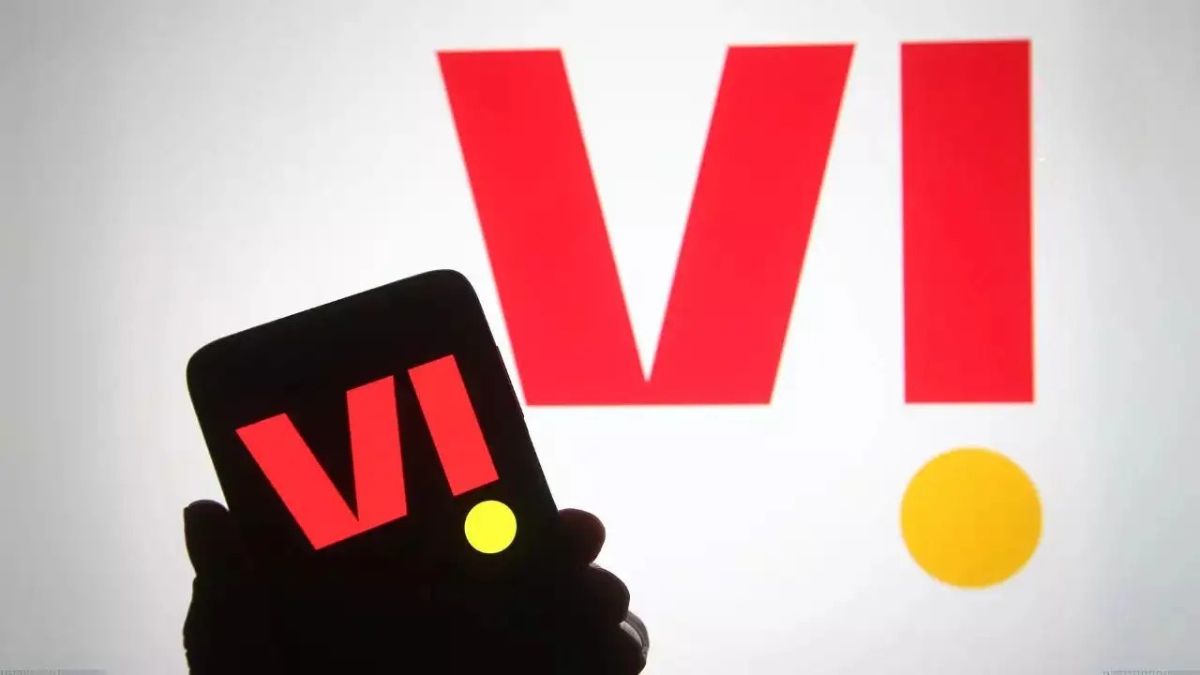
In a significant development that could shape the future of India’s struggling telecom giant, the Supreme Court has deferred the hearing of Vodafone Idea’s plea challenging the government’s fresh ₹9,450 crore adjusted gross revenue (AGR) demand. The move came after the Union government sought more time to explore possible solutions, offering fresh hope for Vodafone Idea’s revival and sparking investor optimism.
Centre Seeks Time as Stakes in Vodafone Idea Rise
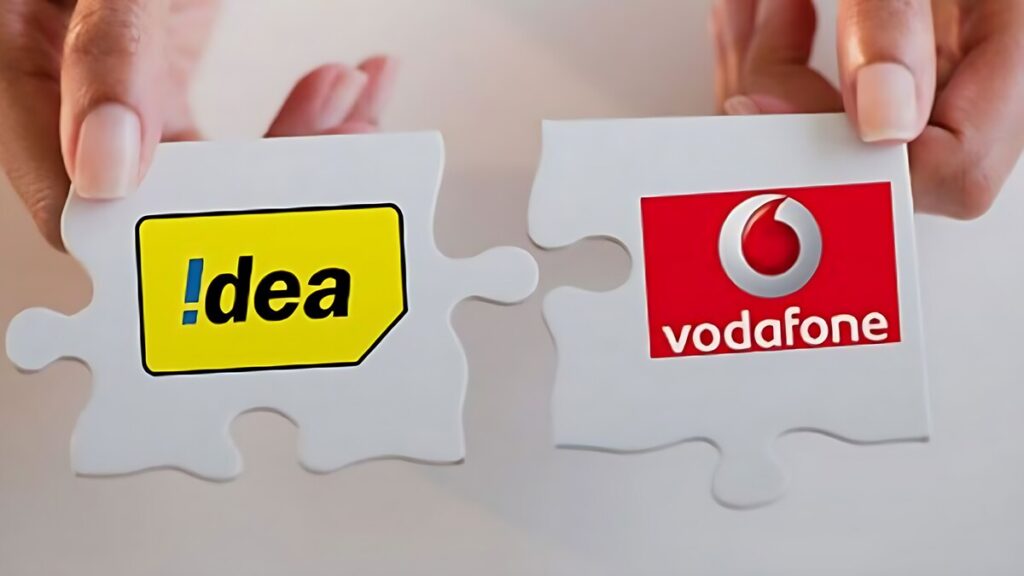
The Centre, which now holds a substantial 50% stake in Vodafone Idea following a massive equity conversion of ₹53,083 crore AGR dues in two tranches (February 2023 and April 2025), urged the apex court to postpone the matter to next Friday. Appearing on behalf of the government, Solicitor General Tushar Mehta stressed the need for a resolution that benefits millions of consumers who rely on Vodafone Idea’s network.
This ownership stake makes the government an interested party in ensuring the company’s survival, especially as Vodafone Idea remains India’s third-largest telecom carrier with about 198 million subscribers and over 18,000 employees.
Dispute Over AGR Dues from FY17 and Beyond
The dispute stems from the Supreme Court’s landmark March 18, 2020, order, which finalized Vodafone Idea’s AGR dues up to FY17 based on Department of Telecommunications (DoT) calculations. The apex court had barred any self-assessment or reassessment of dues beyond this period.
However, the DoT has now raised additional demands totaling ₹9,450 crore, including ₹2,774 crore from the post-merger Vodafone Idea entity and ₹6,675 crore from the pre-merger Vodafone Group. The DoT claims these fresh dues cover FY18 and FY19, which were not part of the 2020 final settlement.
Vodafone Idea’s 8 September petition argues that most of the new demand relates to periods already settled and should therefore be quashed. The company emphasized that about ₹5,606 crore of this amount relates to dues up to FY17—periods already crystallized by the court.
DoT’s Calculations Under Scrutiny
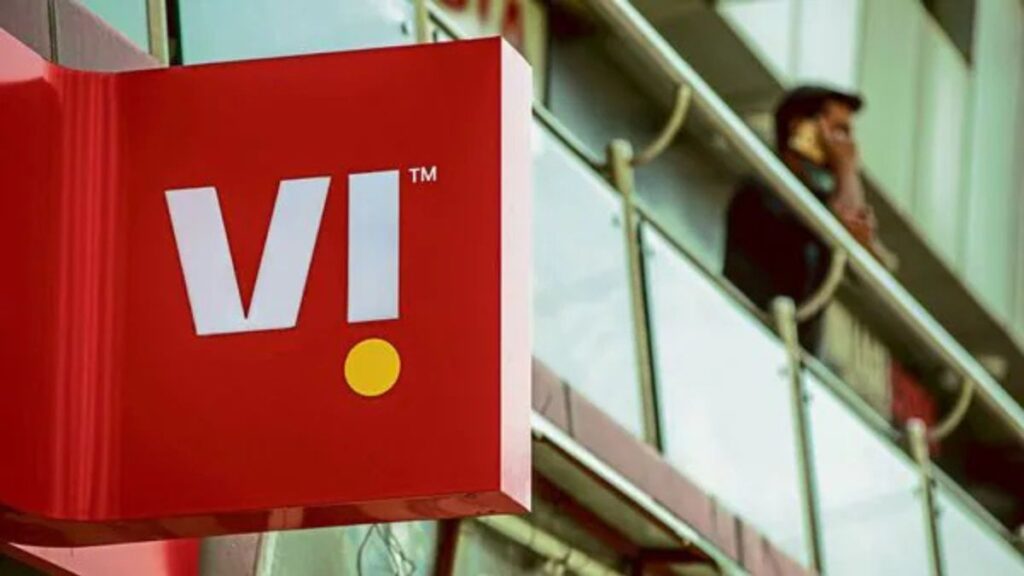
Vodafone Idea has strongly opposed the DoT’s revised AGR calculations, which include licence fees and spectrum usage charges. According to the company, if spectrum usage charges up to FY17 are included, the alleged dues would amount to about ₹6,800 crore as on March 31, 2025.
The company also flagged errors in DoT’s approach, stating that the updated licence fee dues up to FY19 were never tabulated in the Supreme Court’s September 1, 2020, order and should not be considered now without judicial clarification. Vodafone Idea maintains it accepts no liability beyond periodic interest on its previously recognized dues of ₹58,254 crore.
Financial Strain Threatens Vodafone Idea’s Survival
Currently, Vodafone Idea owes around ₹83,400 crore in AGR dues, with annual repayments of ₹18,000 crore scheduled until 2031. Including penalties and interest, its total liabilities to the government are estimated at nearly ₹2 trillion.
The telecom operator warned that these payments are far beyond its operational cash generation capacity of ₹8,400–9,200 crore per year, raising serious concerns about its ability to survive without relief or bank funding. Former CEO Akshaya Moondra also highlighted that resolving the AGR dispute is crucial for Vodafone Idea to attract new financing.
Market Responds Positively
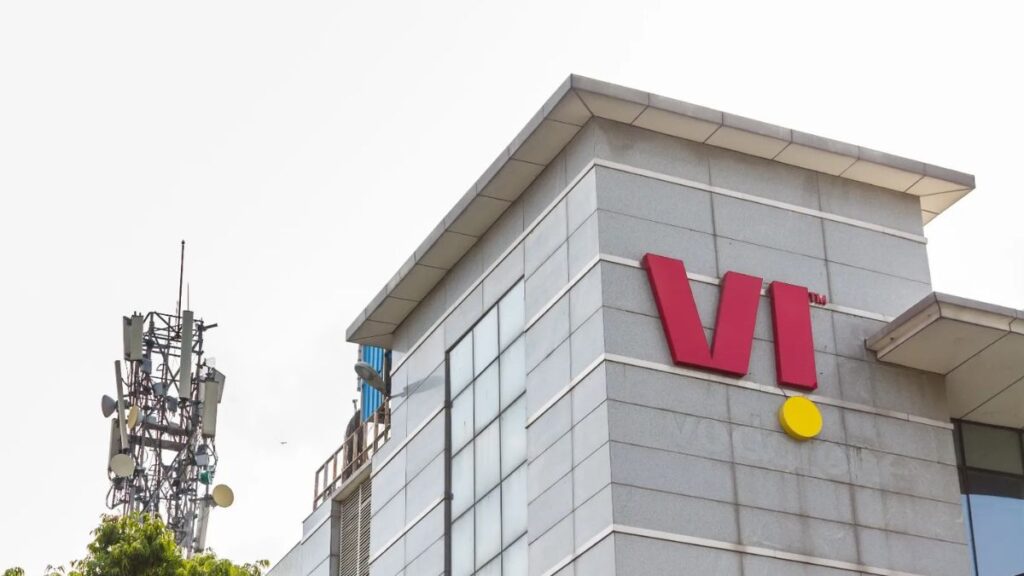
The news of the Supreme Court deferring the hearing lifted market sentiment, with Vodafone Idea shares climbing over 7% to ₹8.39 on NSE even as the broader Nifty 50 fell nearly 0.5% at the same time. This positive market reaction underscores investor hopes that a favourable resolution could revive the financially stressed telecom operator.
What Lies Ahead
The Supreme Court will hear the case next Friday, a session that could decide the future of Vodafone Idea and potentially reshape India’s telecom sector dynamics. If the court quashes or reduces the fresh ₹9,450 crore demand, it could offer a critical lifeline to Vodafone Idea, paving the way for fresh investments and long-term stability.
Note: All information and images used in this content are sourced from Google. They are used here for informational and illustrative purposes only.
Frequently Asked Questions (FAQ)
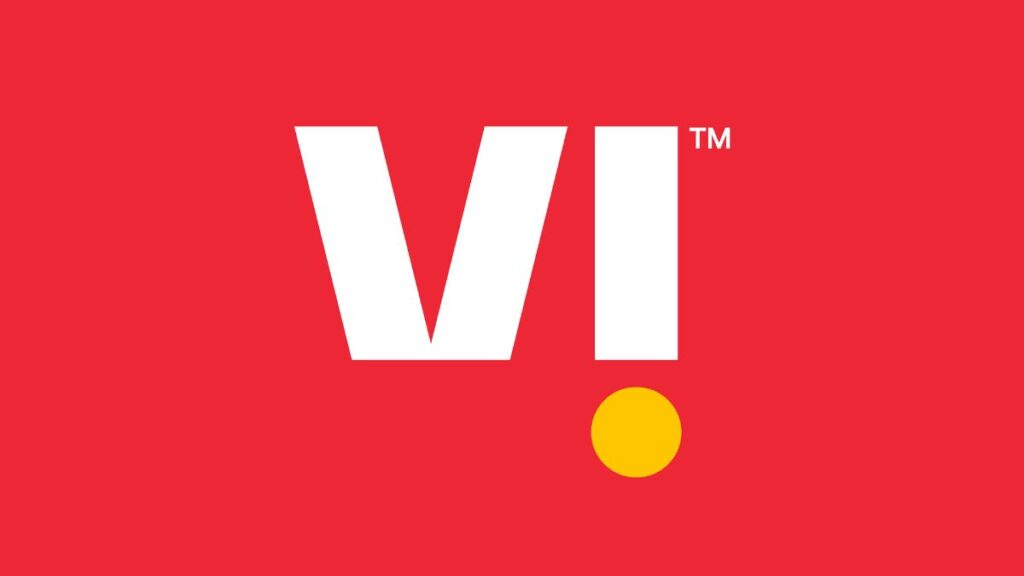
What is the current dispute between Vodafone-Idea and the government about?
Vodafone Idea is challenging a fresh ₹9,450 crore demand raised by the Department of Telecommunications (DoT) towards adjusted gross revenue (AGR) dues. The company claims most of this amount pertains to periods already settled by the Supreme Court’s March 2020 order.
Why did the Supreme Court defer the hearing on Vodafone-Idea’s plea?
The Supreme Court deferred the hearing after the Union government sought more time. The Solicitor General said the government now holds a significant 50% stake in Vodafone Idea and wants to work out a resolution that benefits consumers.
How much stake does the government hold in Vodafone-Idea?
The government owns about 50% of Vodafone Idea after converting ₹53,083 crore of the company’s AGR dues into equity in two tranches—first in February 2023 and then in April 2025.
How much does Vodafone-Idea currently owe in AGR dues?
Vodafone Idea currently owes around ₹83,400 crore in AGR dues. With interest and penalties, its total liabilities to the government are estimated at nearly ₹2 trillion.
What is AGR in the telecom sector?
Adjusted Gross Revenue (AGR) is a portion of a telecom company’s gross revenue that is considered for calculating regulatory payments like licence fees and spectrum usage charges payable to the government.
Why is Vodafone-Idea opposing the DoT’s new demand?
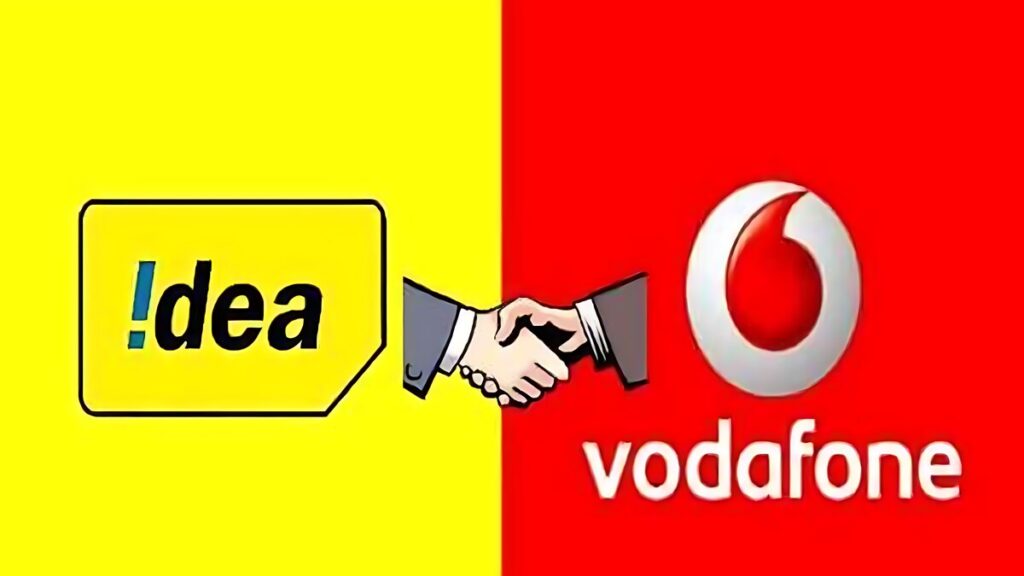
Vodafone Idea argues that most of the ₹9,450 crore demand relates to periods already settled by the Supreme Court and that DoT’s revised calculations for FY18 and FY19 are erroneous. The company has asked the court to quash these additional demands.
How does this dispute affect Vodafone-Idea’s survival?
Vodafone Idea has warned that its scheduled annual payments of ₹18,000 crore for the next six years are much higher than its yearly operational cash generation of about ₹8,400–9,200 crore. It says such heavy liabilities threaten its survival and the jobs of over 18,000 employees.
Has any other telecom operator faced a similar AGR issue?
Yes. Bharti Airtel also has AGR dues of about ₹40,000 crore. It requested DoT to convert its dues into equity, but later said it would pay the dues and is not expected to join Vodafone Idea’s petition in the Supreme Court.
How did the stock market react to this development?
Following the Supreme Court’s decision to defer the hearing, Vodafone Idea’s share price rose about 7% to ₹8.39 on the NSE, while the benchmark Nifty 50 index fell by nearly 0.5%.

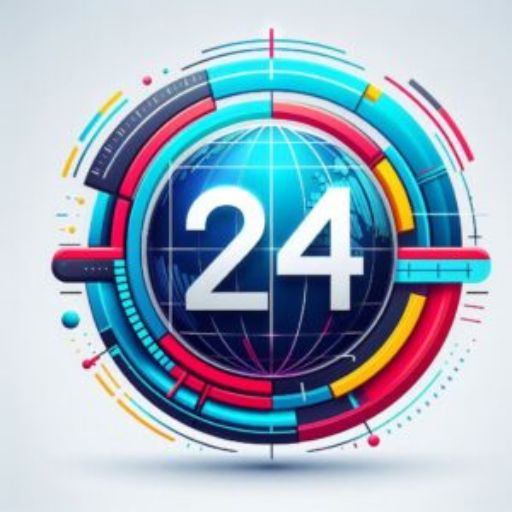





Leave a Reply